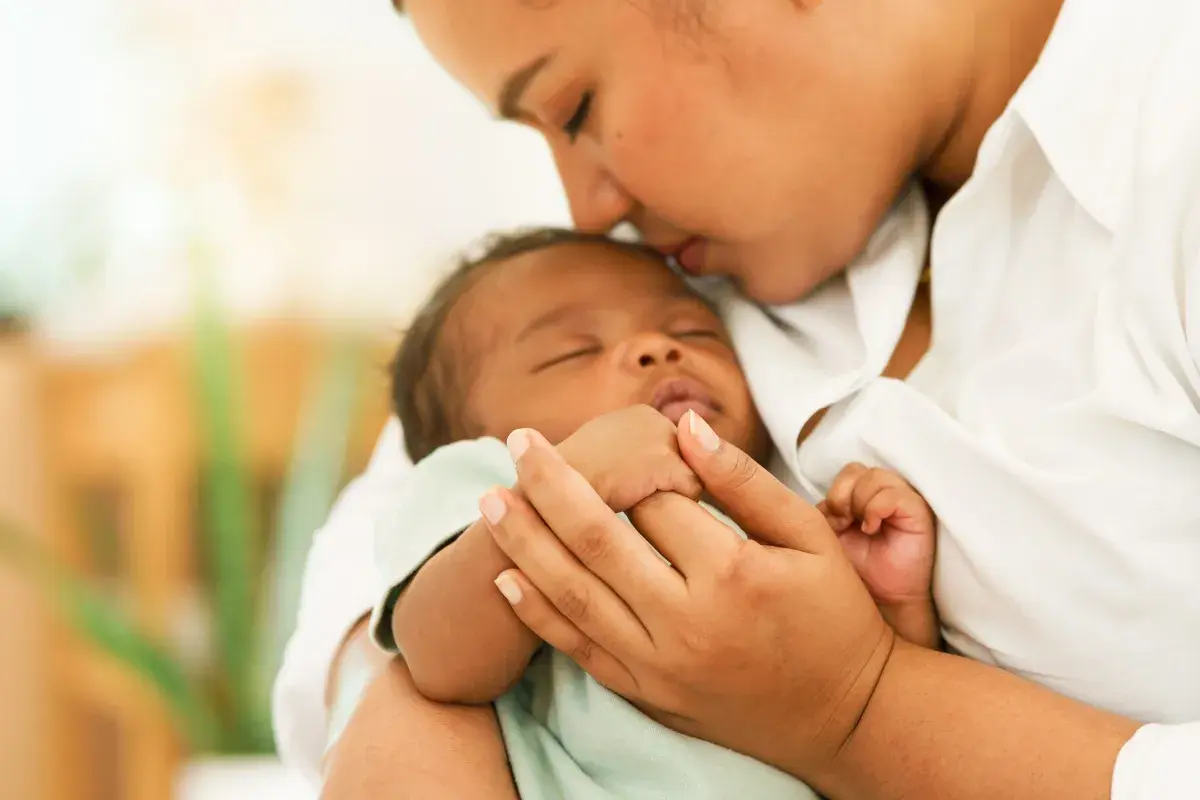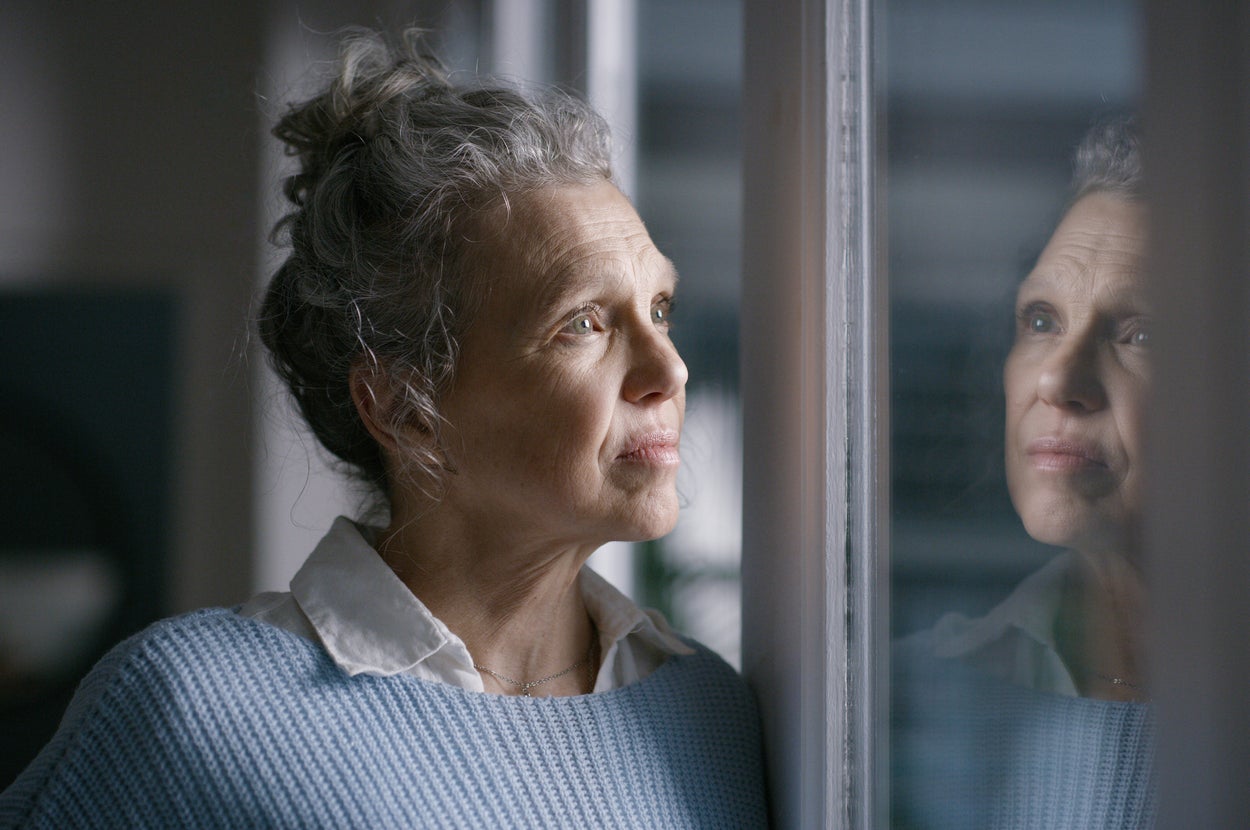
Caring for a baby doesn’t just change daily routines—it changes perception itself.
A first-of-its-kind Cornell University study found that adults see the world as more dangerous when responsible for an infant, responding faster to potential threats than when caring for a dog or even a toy robot.
In a virtual reality experiment simulating a roadside emergency, both parents and nonparents flagged oncoming traffic more quickly—and judged cars to be moving faster—when tasked with protecting a virtual crawling baby.
“It’s not a question of multitasking that caused these adults to perceive the cars as moving faster or to see them as more dangerous—it was having the baby there,” said psychology professor Michael Goldstein, co-author of the study published in Child Development.
The results suggest infants’ appearance and movement alter how adults process sensory information, an adaptation that likely evolved to keep slow-developing human babies safe as they begin to explore long before they understand danger.
Interestingly, parents and nonparents behaved similarly, which Goldstein said reflects humans’ status as an “alloparental” species—where even nonparents are wired to protect young.
Women in the study reacted faster than men, a difference the researchers noted could relate to caregiving roles or warrant further study.
For parents worried that this heightened sense of danger could spiral into anxiety, Goldstein told Newsweek that most already find effective ways to balance vigilance with everyday life.
“Parents…. adapt to having a baby by developing new strategies for interacting with the world,” he explained. “They use baby gates and outlet covers, they ask people around them to hold their infant, and preemptively keep infants from dangerous situations. This allows them to get other things done and not be scared their baby is going to get into something all the time.”
And while the research showed nonparents reacted much like parents, Goldstein said the effect likely extends to anyone responsible for a child’s safety.
“We expect anyone who is tasked with providing care to a child to experience the perceptual shift and respond to the presence of an infant by seeing the world as more threatening,” he said.
“As a species, we are ‘alloparental’—we willingly take care of each other’s infants and children—so it’s not surprising that the effect of a baby on our perception is widespread.”
“Evolution has shaped adults to have an automatic and deep understanding of what it takes to keep a baby safe and provide information for that baby,” Goldstein added.
Do you have a tip on a health story that Newsweek should be covering? Do you have a question about infant care Let us know via health@newsweek.com.
Reference
Murrugarra, E. and Goldstein, M. (2025). The Dynamics of Perception in Caregiving: How Infants Change the Way We See the World. Child Development. doi:https://doi.org/10.1111/cdev.70026.



